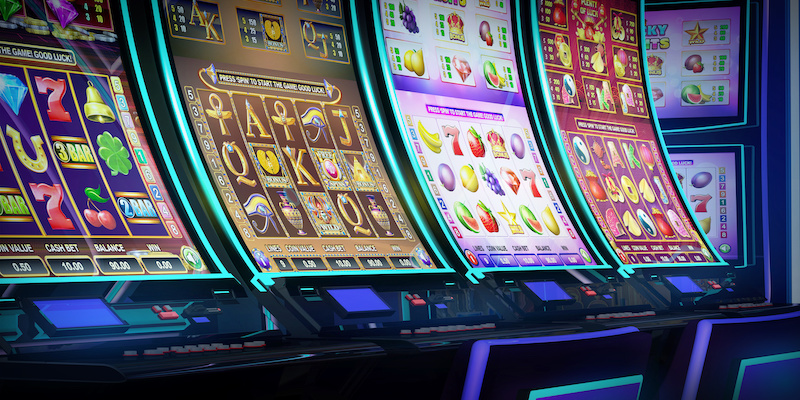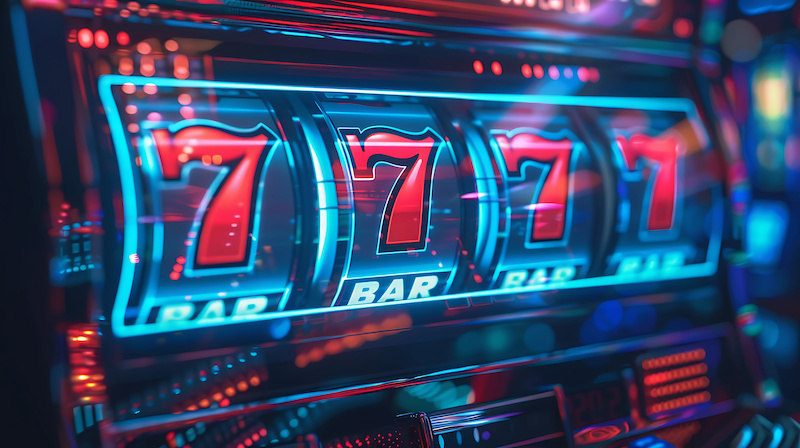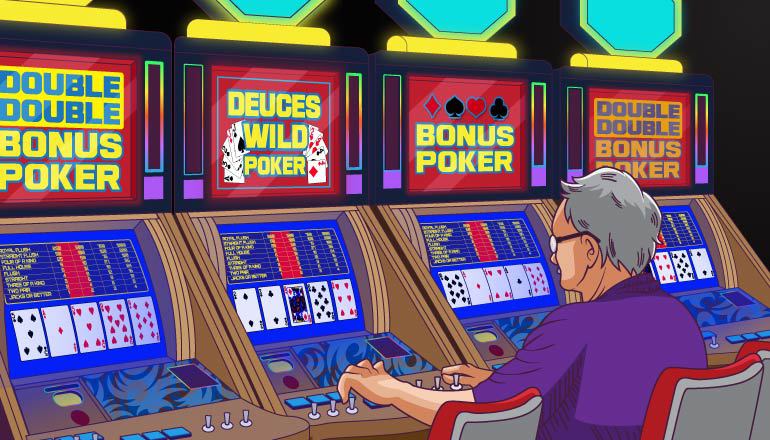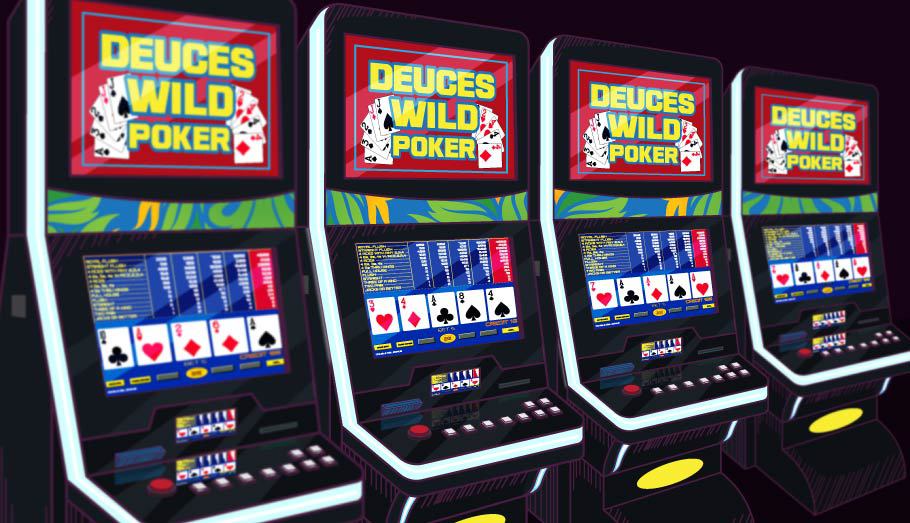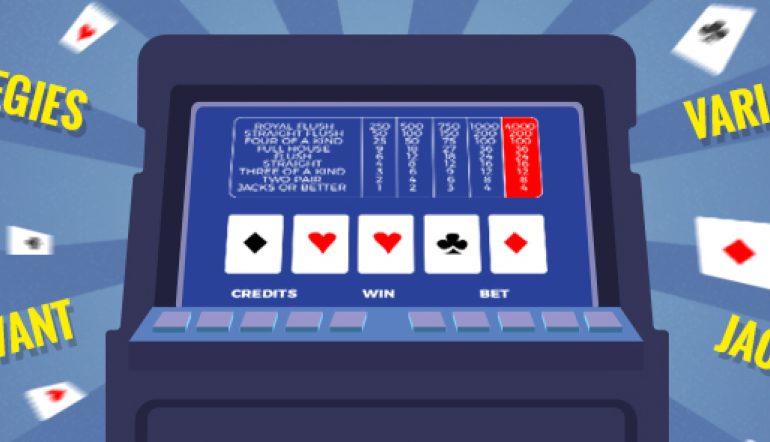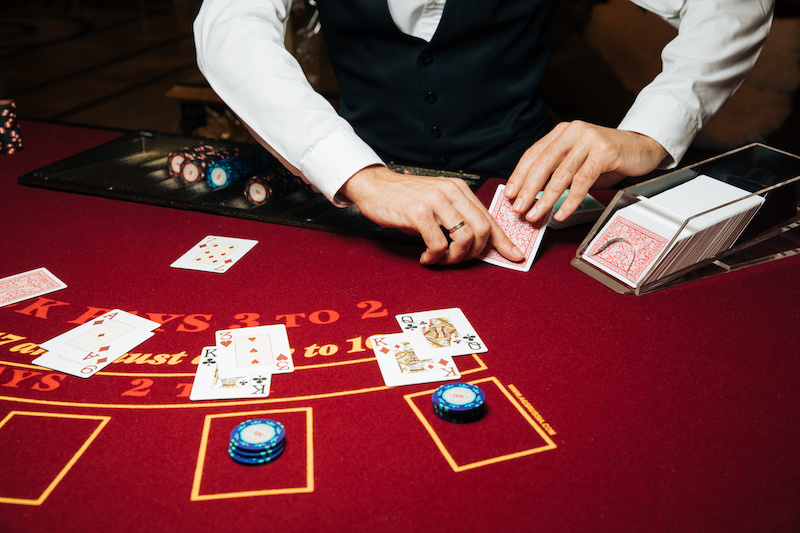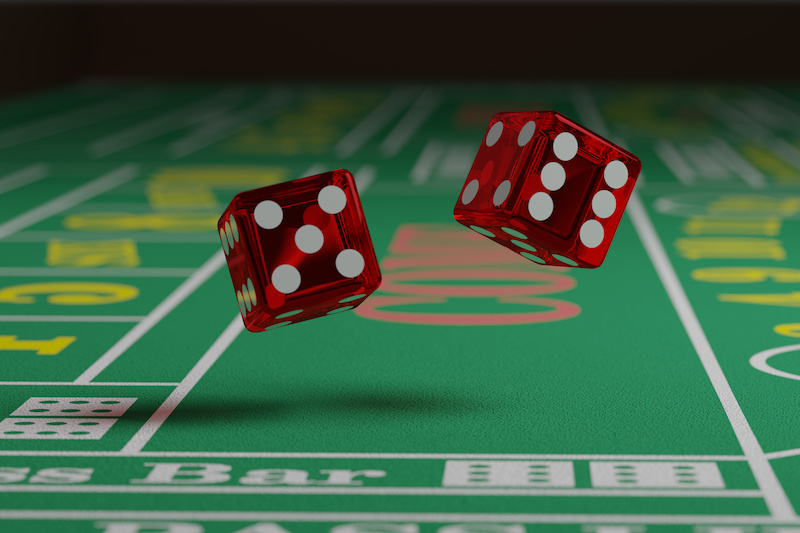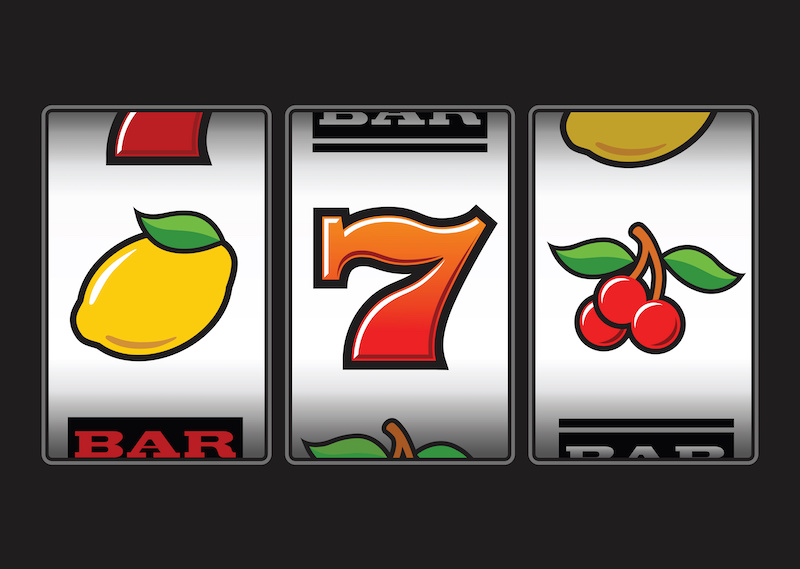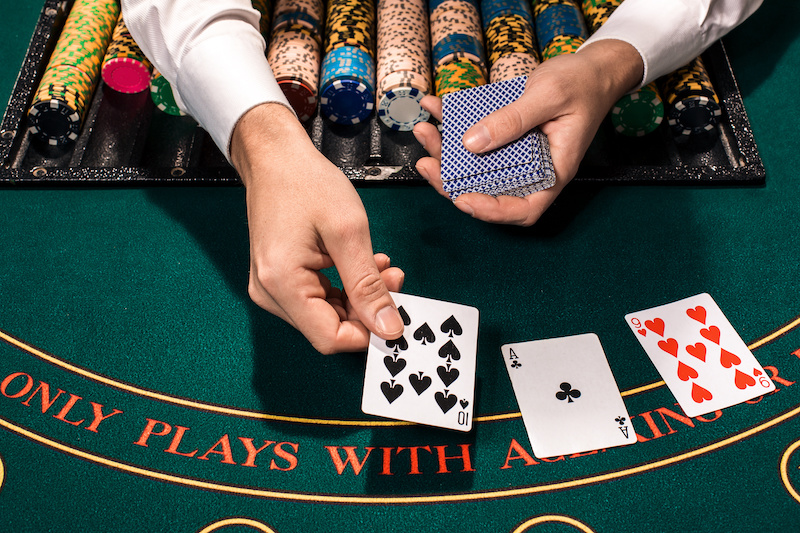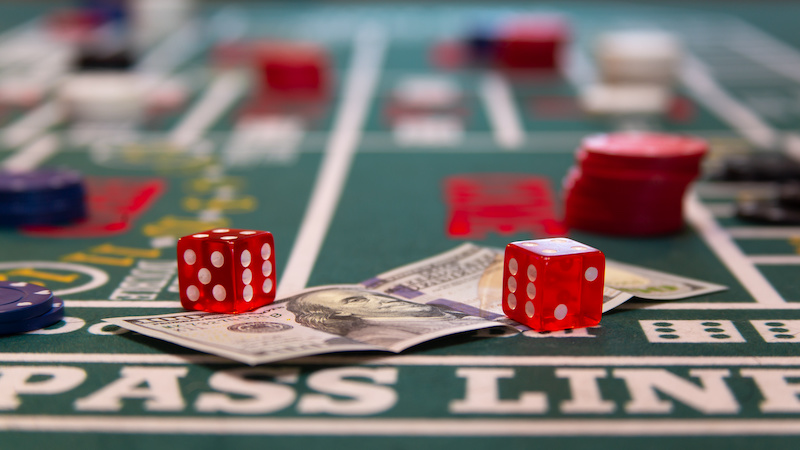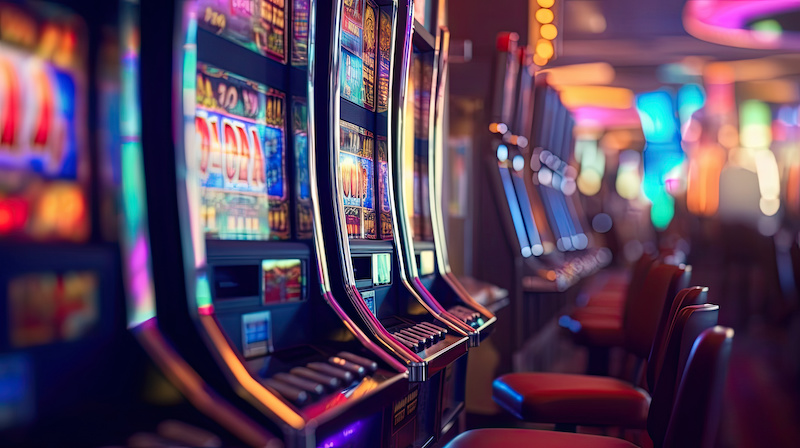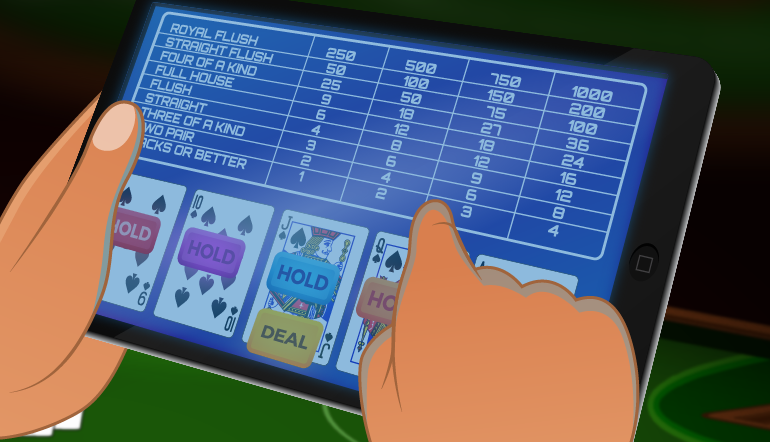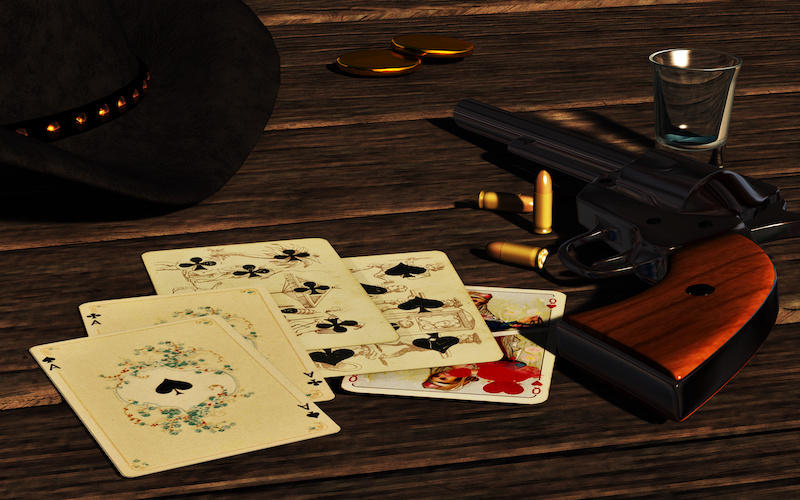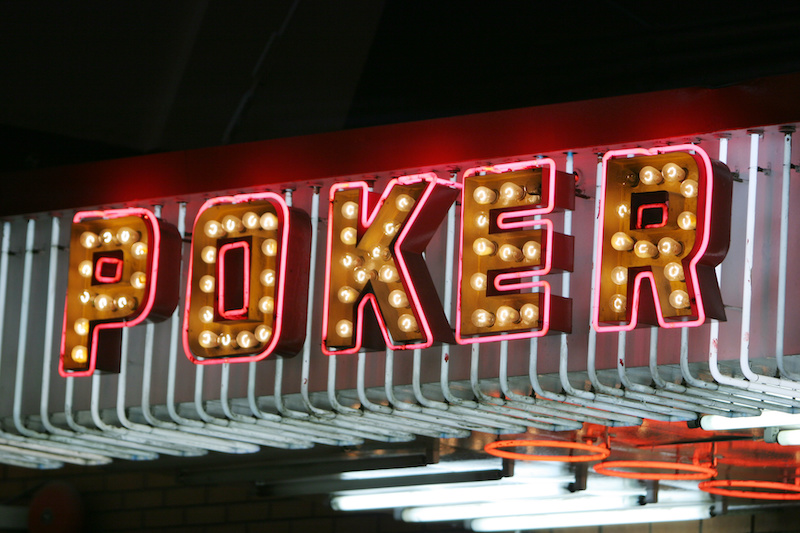Back in the day, being a casino dealer meant learning to shuffle cards in specific ways – with all kinds of artful riffles and passes – that were unique to different casinos. There were special cuts and reshuffles and a variety of techniques employed to make the cards as random as possible when they were dealt.
While casino dealers on some games still do hand shuffles, they usually get a finishing touch via mysterious boxes that execute a final mix before the cards are dealt. The process speeds up games and helps insure that advantage players will find it difficult to beat the games by predicting where slugs of cards will land for the next round of a particular game.
For that protective measure, casino bosses can thank a former truck driver by the name of John Breeding.
Finding Inspiration
Breeding was working as a long-distance trucker in the 1980s when he read a Wall Street Journal article about casinos having trouble reigning in advantage players. He figured that he had an easy solution: relieve the dealers of hand-shuffling cards and institute the use of automatic shufflers that could mix a single deck.
He somehow managed to borrow $30,000 and commissioned a group of engineers to help him come up with the device. It was some years in the making, but they did it. It worked, too. However, there was just one problem: the casino managers didn’t dig it. They had already begun spreading multi-deck blackjack games and nobody was all that interested in upending game presentations to satisfy Breeding.
Over the course of inventing his machine – amazingly, the earliest iterations were made mostly of wood – Breeding is said to have gone broke more than once.
Then, as he told the Las Vegas-based journalist Howard Stutz, his wife laid down a challenge. “If you’re so smart,” she is said to have told Breeding, “why don’t you invent a game that uses only one deck?”
Turning Game Inventor
He did. He came up with Let It Ride, a poker-based game that is now an institution and beloved by gamblers who enjoy the option of reducing their bets by a third. If they don’t withdraw, they, as the name suggests – let it ride.
Casinos love the game because the house edge is 3.51%, which is quite a bit more than that of blackjack and craps. It’s also difficult for ordinarily sharp players to beat. It’s not the sort of thing that can be overcome through card counting.
Breeding loved the game because the setup included the use of a shuffling machine. It not only earned him money as a game creator, but it also gave casinos the opportunity to experience his automatic shuffler, which was called the ShuffleMaster.
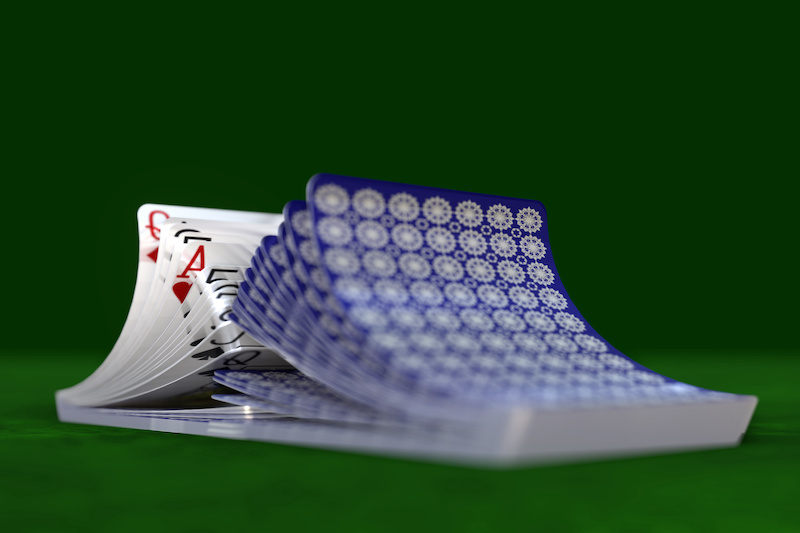
More Games, More Money
Business was good enough for ShuffleMaster that the company went public, developed more games and started buying up other manufacturers of casino-related devices and game creators. Over the years, it's released games such as Three Card Poker, Casino War and Blackjack Switch.
There’s been a passel of slot machines that exist in casinos and online. Offerings include 888 Fortunes, Monopoly Big Spin and Very Fruity.
By 1999, the company was doing well enough to have made Forbes magazine’s list of the 200 best small companies. From that elite roster, it was even designated as one of the 10 hottest small American companies.
In 2013, ShuffleMaster was sold to Bally Technologies, which was later acquired by Scientific Games. The latter is now known as Light & Wonder. The trucker turned casino gaming tycoon enjoyed enough of a windfall that he chose to retire.
Back to Basics
While making waves and money with his casino games, prior to taking leave, Breeding and his ShuffleMaster company (now known as SHFL Entertainment) did not lose sight of their original mission.
The company became a leading designer of shuffling machines. And it was far from limited to the single deck offering that served as a foundation for Breeding’s operation. Over the years, ShuffleMaster has become a master in the wide realm of shuffling machines.
Having gone way beyond the single deck offering, the company pushes out machines that are used to organize poker chips along with continuous shuffle machines that totally thwart card counters by living up to the name: they’re always shuffling, which completely turns card counting into a moot endeavor.
The company’s products are so good that its Deckmate 2 was used by dealers at the World Series of Poker.
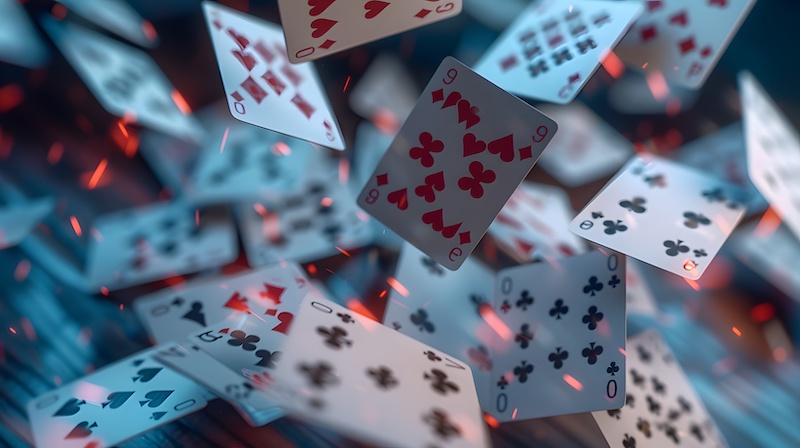
Okay, But How Does It Work?
The continuous shuffling machines (known as CSMs) have slots for each card. The cards circulate on a wheel; an automatic number generator dictates which cards will be dealt out when. That would be for a continuous shuffle machine that you see on gambling tables in casinos.
Interestingly, while the so-called CSM is hated by card counters – as mentioned above, you can’t count a blackjack game when the cards are being continuously shuffled – Mike “Wizard of Odds” Shackelford maintains that the CSM games are slightly better for straight-on basic strategy players. He says that this is because a higher number of 10 value cards than expected will be dealt, and that is always good for the player.
When you are playing a shoe game, the dealer takes cards from the discard tray and feeds them into an automatic shuffle machine, which uses hoppers and rollers to mix up the cards. There will be two sets of cards. As one is being dealt out to players, the other is being randomized in the machine.
Do the machines cheat players? The answer is that they do not. But according to a recent article in Wired, a “hacking device could alter the shuffler’s code to fully hijack the machine and invisibly tamper with its shuffling.”
Of course, this is not to say that anyone has ever done something so nefarious. And no doubt, the high-tech hustle is not something that Breeding had considered when he fashioned his earliest iteration of the fabulous shuffler that now keeps things moving in the casino, set off a load of popular table games and made the former truck driver a casino hero with a place in the Gambling Hall of Fame.

